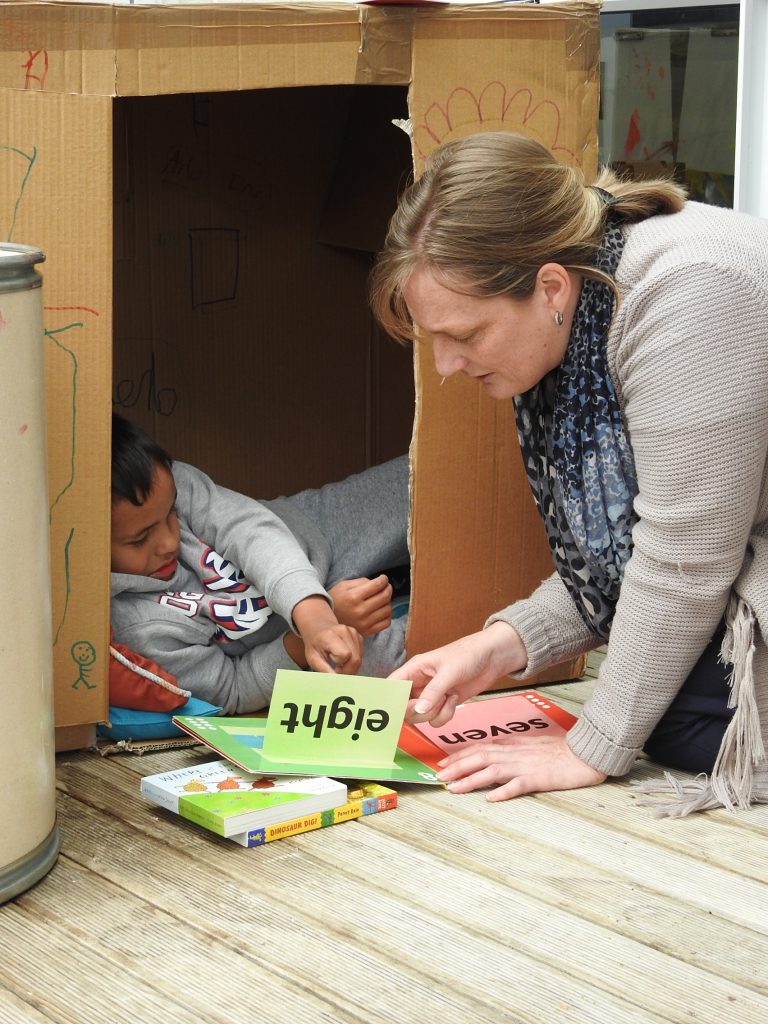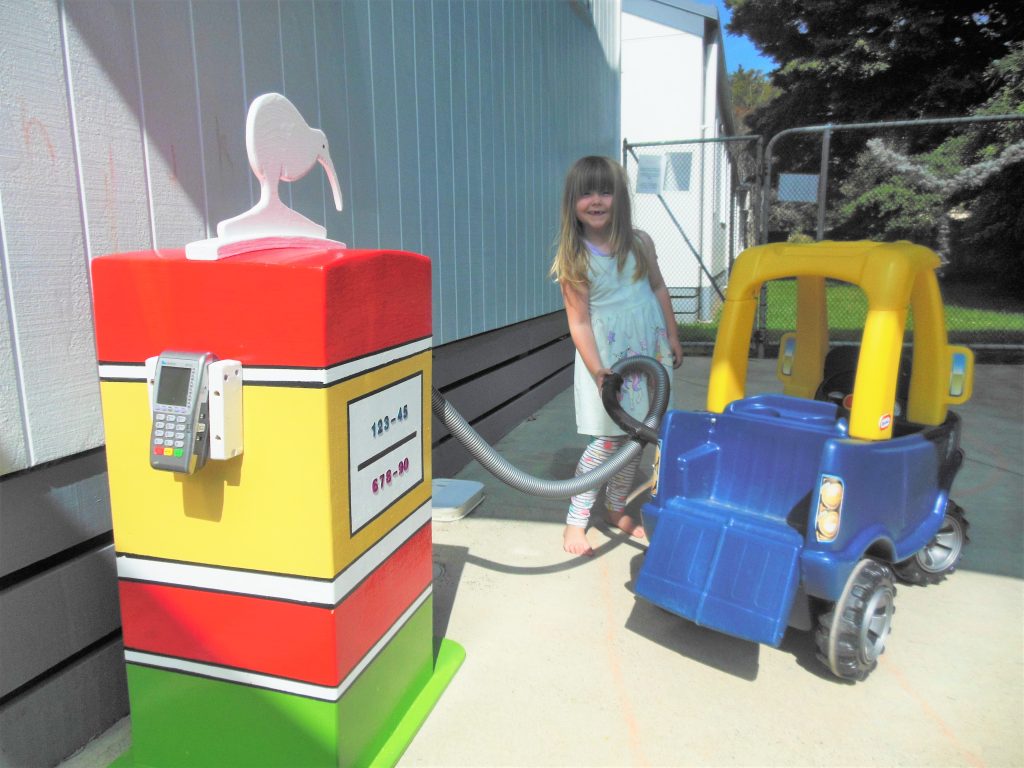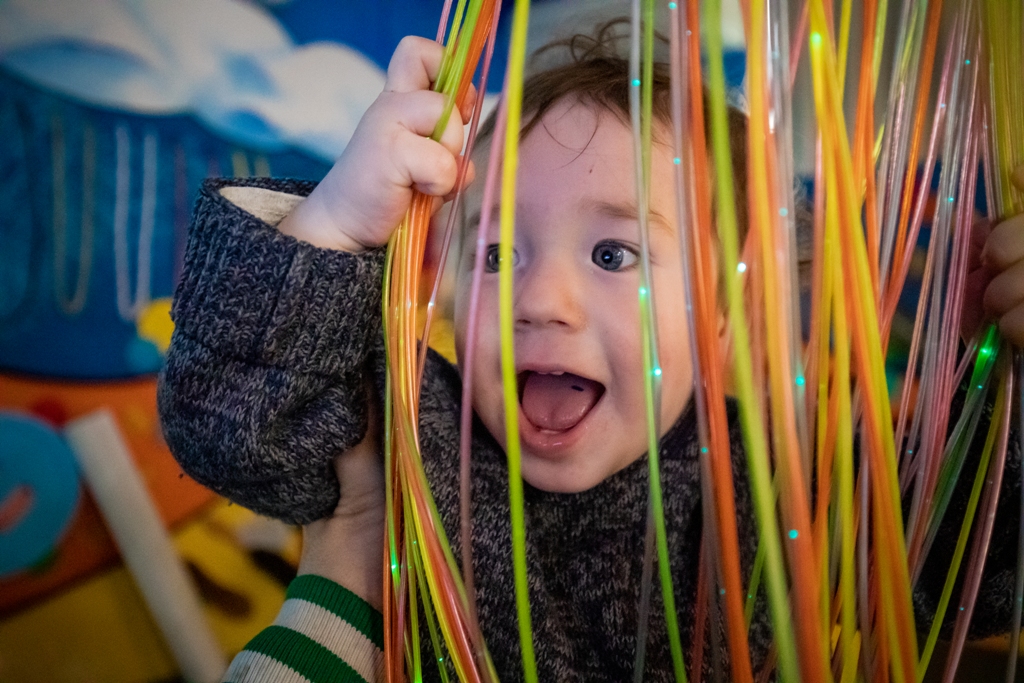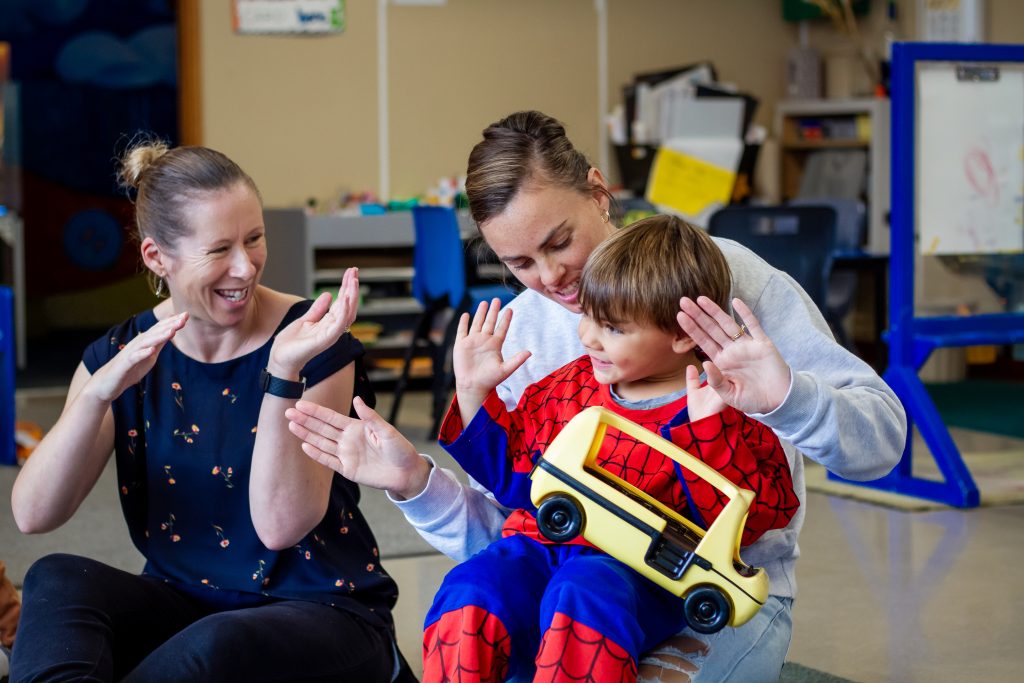 For many years McKenzie Centre has been successfully providing a range of services for autistic children.
For many years McKenzie Centre has been successfully providing a range of services for autistic children.
Autism is a life-long neurodevelopmental condition that can cause significant social, communication and behavioural challenges.
Put simply autistic people see, hear and feel the world differently to other people.
 Autism is a spectrum condition; this means that some people are more affected than others.
Autism is a spectrum condition; this means that some people are more affected than others.
At McKenzie Centre we are continuously looking at how we can improve our services to support our whānau understand their tamariki.
For many years we have used a key worker approach for families; the key worker takes on some of the responsibility for setting up a coordinated and collaborate team for the child and family. Working in partnership with families helps families make good decision about what is right for them all.
To be better informed and trained in best practice, three of our staff members Suzanne Kok, Early Intervention teacher, Estelle Pretorius, Speech Language therapist and psychologist Amanda Howell, have completed Autism Diagnostic Observation Schedule (ADOS) Introductory and Toddler training.

The training upskills staff so they can evaluate children by observing their behaviours and this can help inform an autism diagnosis and intervention planning.
Occupational therapist Tricia Pauley and Speech Language therapist Caitlin Go staff are participating in Floortime* training. This is an online course to support our staff use the model to guide assessment and intervention for social-emotional development in infants, children and their whānau.
This is a multi-disciplinary model which builds upon establishing relationships, engagement and respecting individual differences to establish foundations for a meaningful future.
Our aim is to deepen the quality of our work and increase successful outcomes for our whanau.

Floortime was created by child psychiatrists Stanley Greenspan and Serena Wieder. It is based on the Developmental Individual-difference Relationship-based model (DIR). Dr Greenspan developed the model as therapy for children with a variety of developmental delays and issues in the 1980s.
Did you know? The Māori word for autism is ‘Takiwātanga’ – “in my/his/her own time and space”.